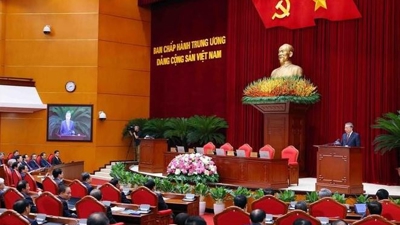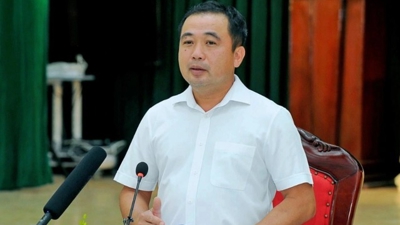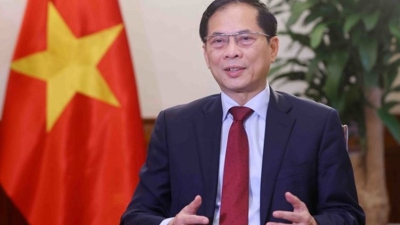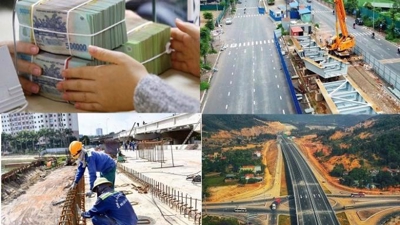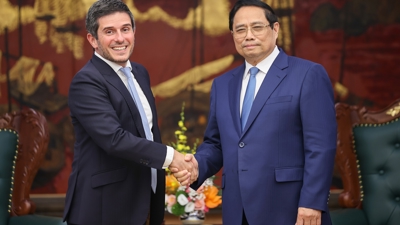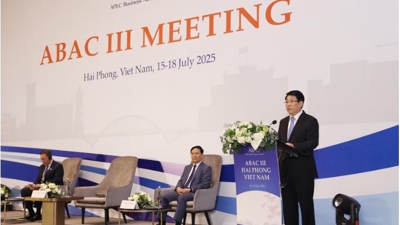Sci-tech development, innovation, digital transformation to be accelerated
During a meeting held on July 20, Prime Minister Pham Minh Chinh called for acceleration of science – technology development, innovation, and digital transformation.
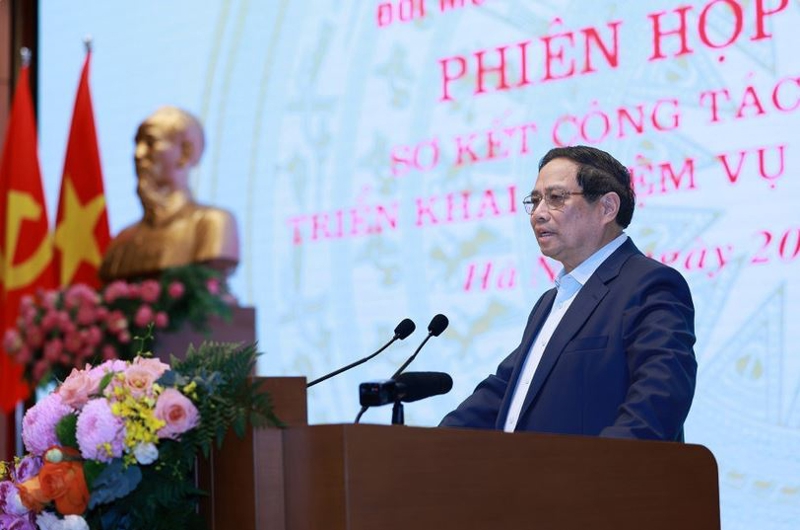
The third meeting of the Government’s steering committee for science – technology development, innovation, digital transformation, and a project on developing resident data, e-ID and e-authentication applications (Project 06) was held in Hanoi on July 20, under the chair of Prime Minister Pham Minh Chinh, Head of the Steering Committee.
At the meeting, Prime Minister Pham Minh Chinh, as quoted by the Vietnam News Agency, called for acceleration of science – technology development, innovation, and digital transformation to serve the efficient operation of the political system and deliver on the economic growth target of 8.3–8.5% for the whole year.
While praising the efforts by ministries, sectors, localities, businesses, and people over the recent past, the Prime Minister acknowledged the results still fall short of requirements and practical demand. He urged stronger actions and bold determination to bring into full play the Politburo, National Assembly, and Government’s related resolutions, shifting the state governance from a management-based model to one centered on citizens and businesses.
Evaluating recent achievements, PM Chinh said that science – technology, innovation, digital transformation, and digital economy development have shown progress, with the 5G service deployed nationwide, mobile internet speeds in the global top 20, and the national data centre project drastically implemented. Besides, tax management and electronic invoicing have been rolled out effectively, with 109,800 enterprises and business households registering for use with 2.1 billion electronic invoices.
The digital economy has developed considerably, recording an estimated $78.1 billion in digital product exports, a year-on-year increase of 20.5%, the Government leader said, noting that a VND500 trillion ($19.1 billion) credit package has been set aside for science – technology, innovation, digital transformation and strategic infrastructure. E-commerce has grown rapidly, by about 22–25%.
Digital government has been promoted, he said, adding online public services have been increasingly improved, gradually shifting from passive to proactive service delivery for citizens and businesses. Meanwhile, Project 06 has been stepped up and generated tangible benefits for the public, contributing social management and socio-economic development, according to the Prime Minister.
To seize the “golden opportunity” presented by science – technology development, innovation, and digital transformation to restructure the economy, enhance labor productivity, and improve national competitiveness, PM Chinh said they must be integrated with the ongoing apparatus restructuring.
He stressed that citizens and businesses must be placed at the centre of the process, asking competent sides to arrange sufficient resources and ensure institutional perfection, which he described as “breakthrough of breakthroughs”, to lead the way for science-technology development.
PM Chinh directed the establishment of an inter-sectoral working group to support Vietnamese enterprises in searching, negotiating, and acquiring foreign technology companies with important intellectual property and technologies to promote core technology ownership. He also set the goal of attracting at least 100 top experts through special preferential policies.
He ordered relevant ministries and sectors to develop 116 national and sectorial databases, draft smart city building plans for six centrally-run cities, propose measures for the digital economy reaching 20% of GDP by the end of 2025, ensure nationwide 5G coverage, and boost satellite Internet deployment.
Project 06 remains foundational to the efficient operation of the digital government, he said, stating 40 of 61 services must be available on the VNeID national platform as soon as possible. PM Chinh directed ministries, sectors and localities to simplify administrative procedures, ensuring at least 30% reduction in processing time, 30% in compliance costs, 30% in business conditions, and all processed regardless of provincial boundaries in 2025.
Administrative procedures must be carried out in a seamless, efficient, and uninterrupted manner during the re-arrangement of administrative units, he underscored, adding that information and network security must be safeguarded.
He also called for feasible project proposals with clear and tangible outcomes while urging digital training for officials and citizens.


